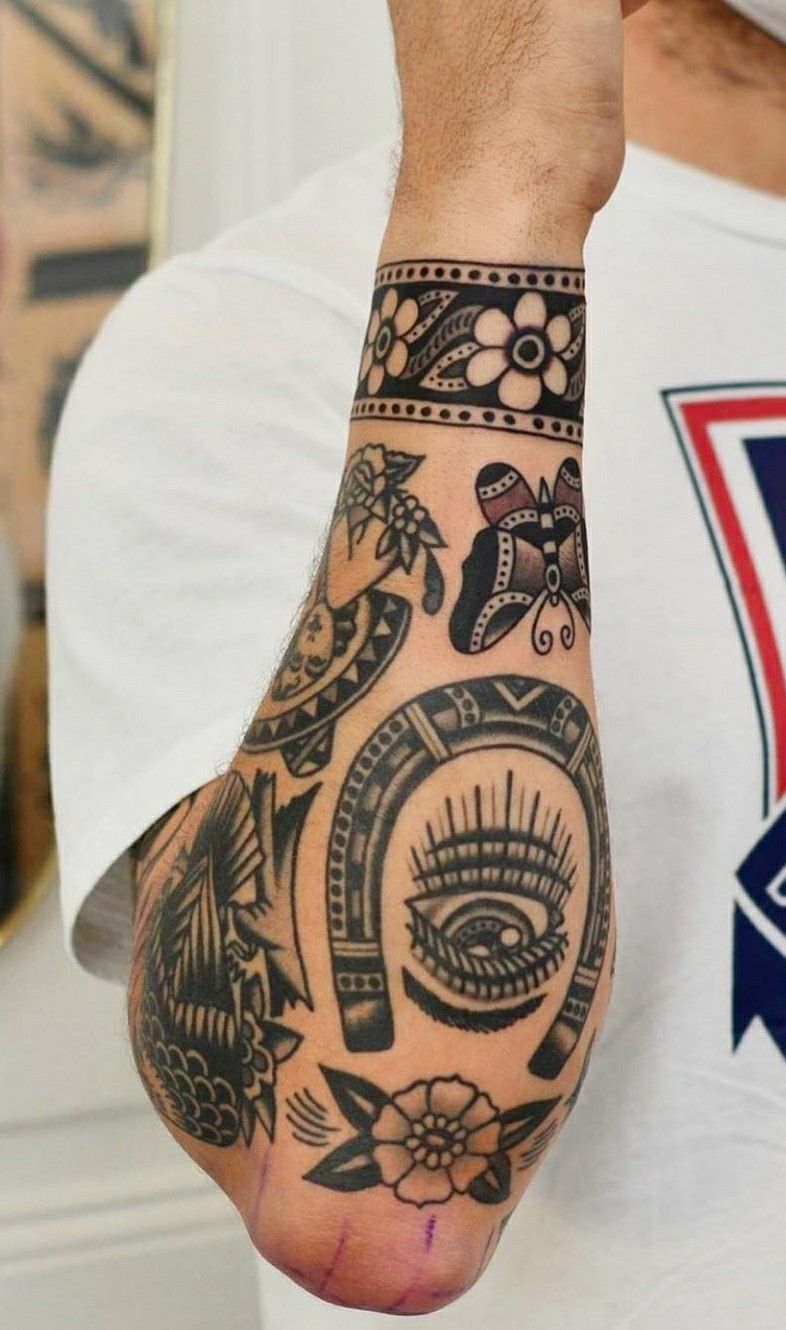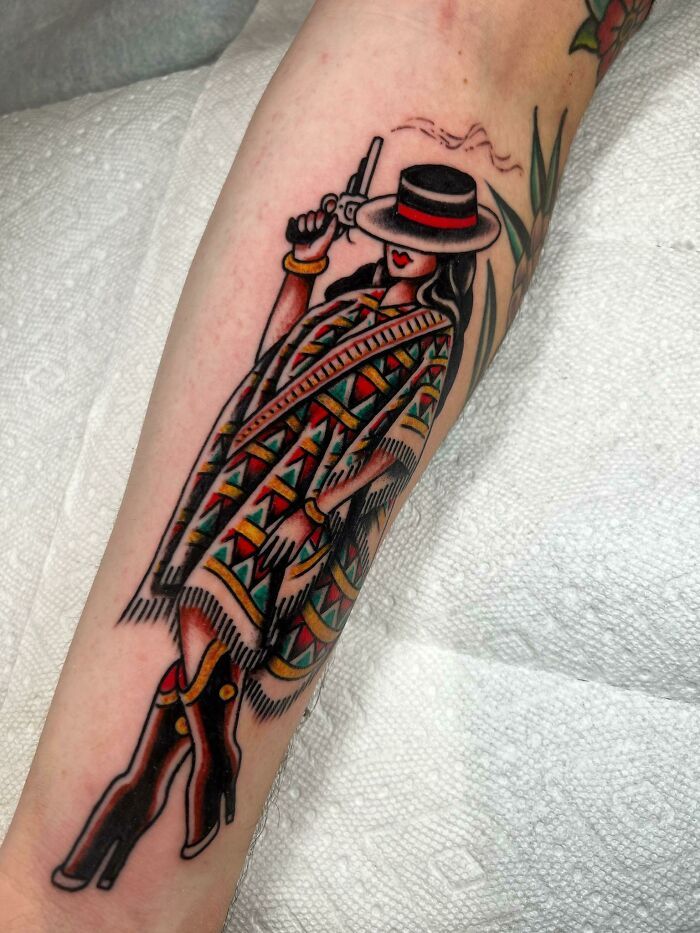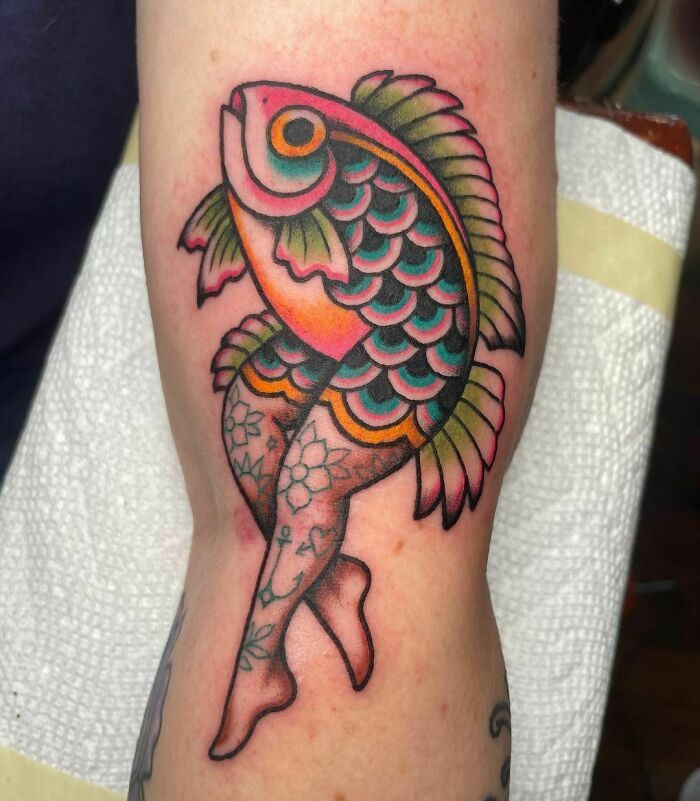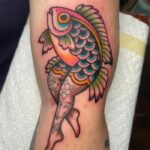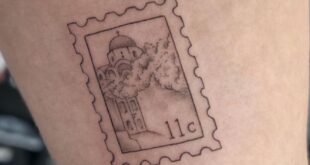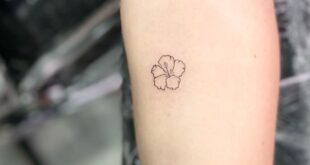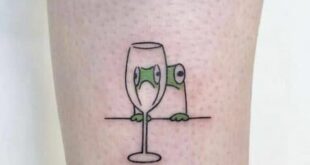Traditional tattooing has been a part of human culture for centuries, with roots in indigenous communities around the world. From the Polynesian islands to Native American tribes, traditional tattoos have served as a way to connect individuals to their culture, beliefs, and ancestors.
One of the most well-known traditional tattooing practices comes from the Polynesian islands, where tattoos, known as “tatau,” were used to signify a person’s social status, achievements, and connections to their community. These intricate and colorful tattoos were hand-tapped into the skin using traditional tools made from bone or wood, with designs that often had deep cultural and spiritual significance.
In Native American cultures, traditional tattoos were used to tell a person’s story, representing their achievements, struggles, and beliefs. Each tattoo design was unique to the individual and carried great spiritual and cultural importance. From symbols of protection to representations of ancestors, traditional Native American tattoos were a way to honor and connect with one’s heritage.
Around the world, traditional tattooing practices have evolved and adapted to changing times, but they still hold a significant place in many communities. Today, traditional tattoo artists continue to carry on these ancient practices, using modern tools and techniques to create stunning works of art that honor the traditions and stories of their ancestors.
In recent years, traditional tattooing has seen a resurgence in popularity, with many people choosing to get traditional tattoos as a way to connect with their culture, express their identity, and pay homage to the rich history of tattooing. From geometric patterns to intricate symbols, traditional tattoos offer a timeless and meaningful way to adorn the body and carry on age-old traditions.
Whether you are interested in the history and culture of traditional tattoos or simply appreciate the beauty and artistry of these ancient practices, traditional tattooing is a fascinating and enduring form of expression that continues to captivate people around the world. As we continue to celebrate and honor the traditions of the past, traditional tattooing will no doubt remain a meaningful and cherished part of human culture for generations to come.
 innstyled Tattoo Ideas
innstyled Tattoo Ideas
